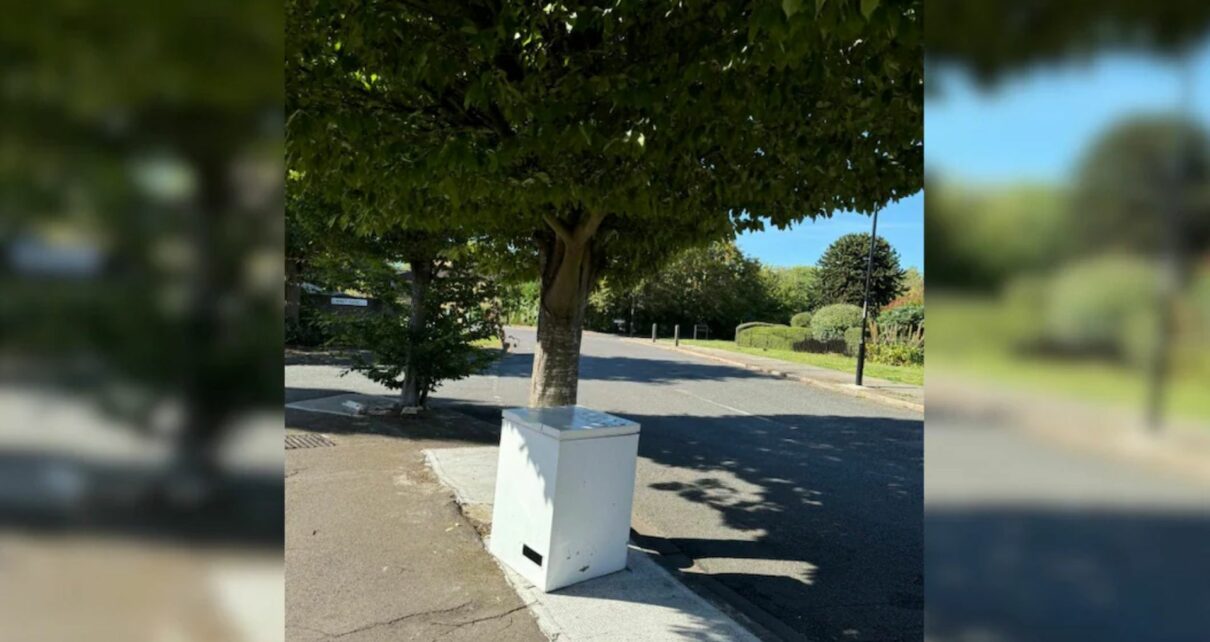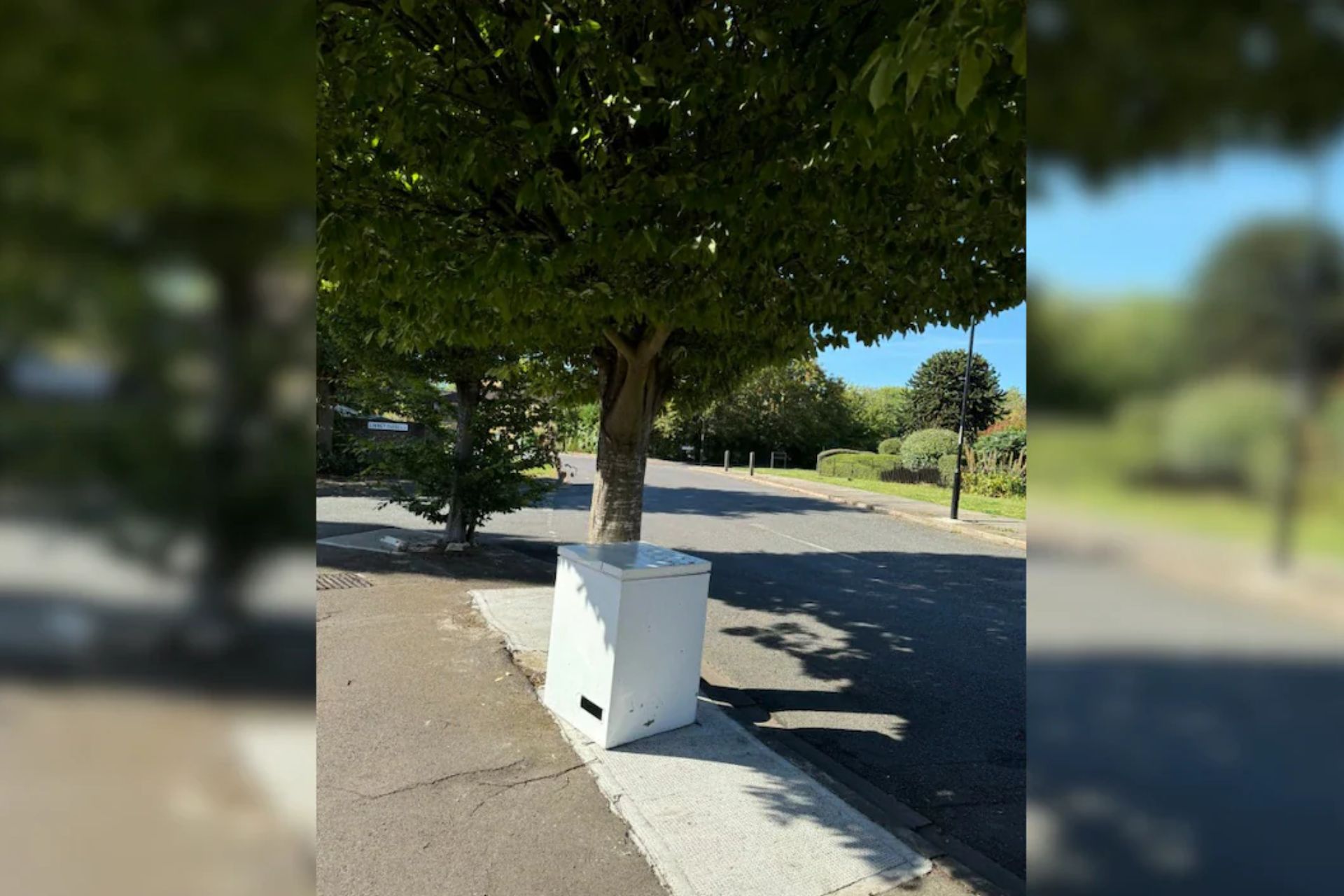Image Name: IKEA Cabinet
Image Credit: NDTV
Online community exchanges have transformed how people declutter their homes. Yet, a UK woman’s experience proves that even well-meaning actions can lead to surprising consequences. This woman offered a free IKEA cabinet online but was fined £500 (₹55,000) by her local council for fly-tipping, an illegal act of waste disposal.
From Generosity to a Hefty Fine
Hoping to create space in her home, the woman listed a large IKEA cabinet for free, hoping someone would find use for it rather than letting it go to a landfill. A very common act, it seemed like a win-win until she left the cabinet outside for collection. This, however, led to the council penalizing her for unauthorized disposal of household waste, a serious offense under UK law known as fly-tipping. Fly-tipping refers to illegal waste dumping, and councils across the UK have strict measures to prevent this. Despite her intentions to encourage reuse, the council deemed her action unlawful, as the cabinet was left on the street, which contradicted the regulations.
Backlash Against the Punishment
The public was shocked, and the case sparked debate online. Many criticized the council for what seemed like a heavy-handed punishment over a simple act of giving away an item for reuse. Social media was soon filled with comments questioning the fairness of the fine and whether such enforcement would discourage people from participating in freecycling and similar eco-friendly practices.
Strict Waste Disposal Rules
The case underscores the often confusing and strict nature of waste disposal regulations in the UK. Although the woman was trying to be environmentally conscious, the council saw her action as improper waste disposal. UK councils have designated channels for dealing with unwanted goods, including bulk waste collections, recycling programs, and donations to charities. The issue raises questions about how clearly these rules are communicated and the extent to which the public is made aware of them.
When Rules Conflict with Reuse
This incident points to a growing tension between environmental sustainability and regulatory enforcement. While the woman’s intention was to cut down on waste, the council’s strict enforcement of fly-tipping laws had the opposite effect. The fine could discourage others from reusing and recycling, thus undermining the push for a circular economy.
Instead of punitive measures, clearer guidelines are needed to help residents give away unwanted items in a way that complies with local laws, without deterring sustainable practices.
Image Name: UK
Image Credit: TripAdvisor
Best Practices for Giving Away Items
To avoid such fines, it’s essential to understand local regulations. Here are some tips to avoid penalties when giving away items:
- Check Local Rules:
Understand your council’s waste disposal guidelines and avoid leaving items outside unless part of an authorized collection. - Arrange Pickup in Advance:
Ensure the recipient picks up the item promptly, so it’s not left unattended in public areas for long. - Use Charities:
Many charities accept unwanted furniture and offer free collection, helping avoid legal issues while supporting a good cause. - Online Platforms:
Follow the rules on trusted platforms that encourage safe exchanges of free items.
The Need for Clearer Guidelines
The fine imposed on this UK woman has opened a broader conversation about how councils handle the disposal of reusable items. While it’s essential to maintain clean public spaces and prevent illegal dumping, it’s equally important to foster a culture of reuse. The case highlights the need for local authorities to develop more flexible, transparent policies that support sustainability without imposing harsh penalties on those trying to reduce waste. As freecycling and second-hand exchanges grow in popularity, local councils must offer clearer guidance and support for residents who wish to engage in eco-friendly practices. This will encourage more people to participate in green initiatives while avoiding unnecessary fines.
Conclusion
The case of the UK woman fined for offering a free IKEA cabinet highlights the complexity of modern waste disposal regulations. While the council’s goal of preventing illegal dumping is valid, the enforcement of such rules should not come at the expense of promoting sustainability. As society continues to embrace reuse and recycling, it’s crucial for local governments to strike a balance between enforcing regulations and encouraging eco-friendly practices. Hopefully, this case will lead to a reevaluation of how councils handle similar situations, ensuring that well-meaning individuals aren’t met with unnecessary fines.





